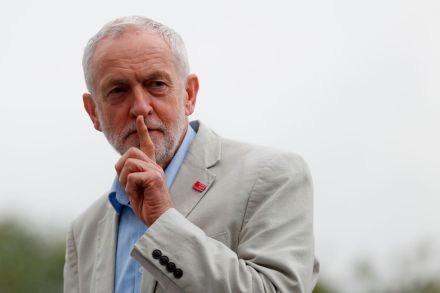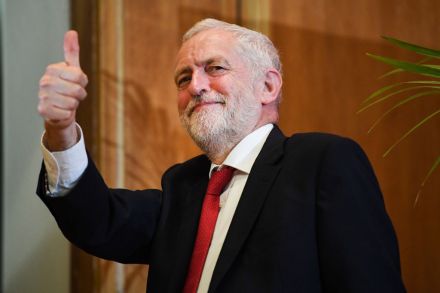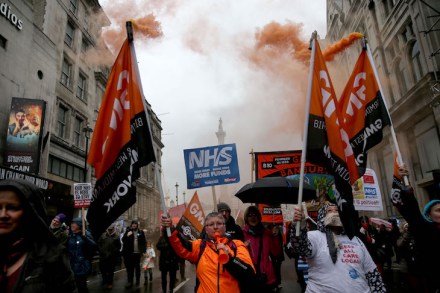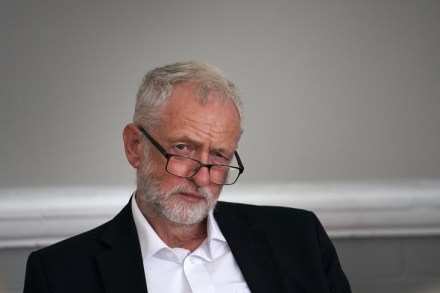Brexit exposes the limits of Jeremy Corbyn’s radicalism
The left middle class is filled with anger as it sees the right, and, in its terms, the far right, triumph. Every time I write about Brexit I feel its fury pulsating around me. Brexit threatens the left’s core beliefs in international cooperation and anti-racism, while making its dream of ending austerity by reviving the economy unattainable. It must be resisted. Yet in a classic struggle against nationalist conservatism, Jeremy Corbyn, supposedly the most left-wing Labour leader ever, is at best an irrelevance and at worst an enemy when it comes to Brexit. His supporters sound like supporters of Tony Blair in the 1990s as they say Labour members must



















